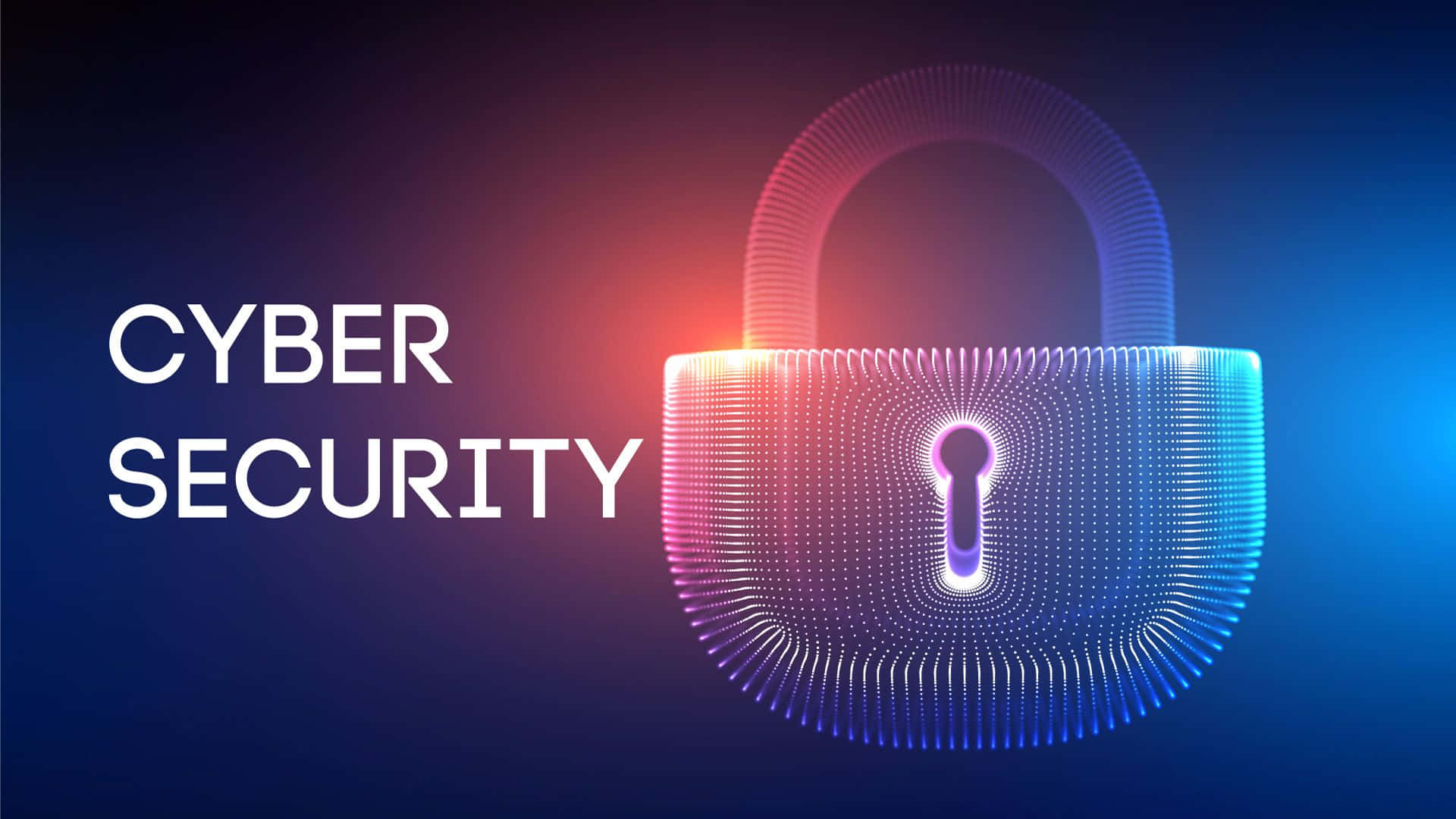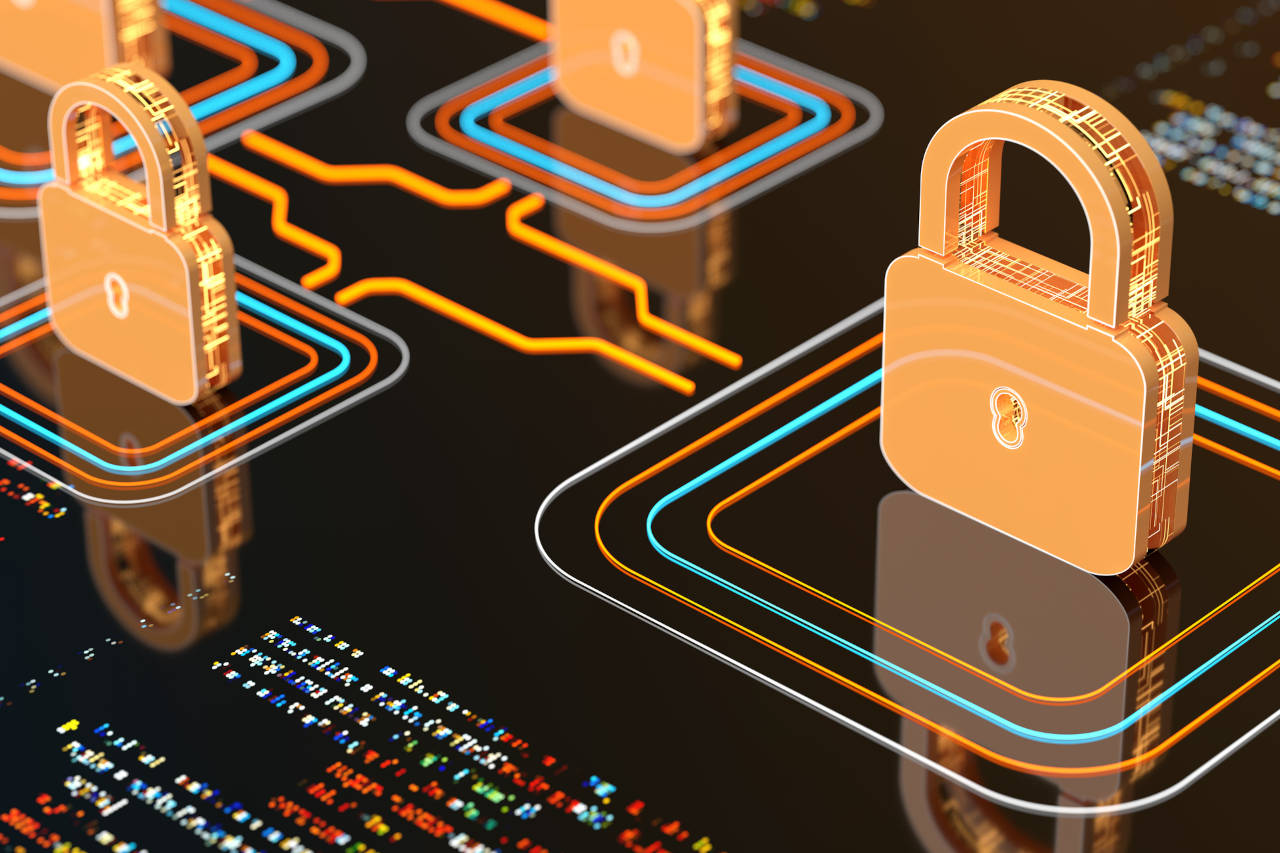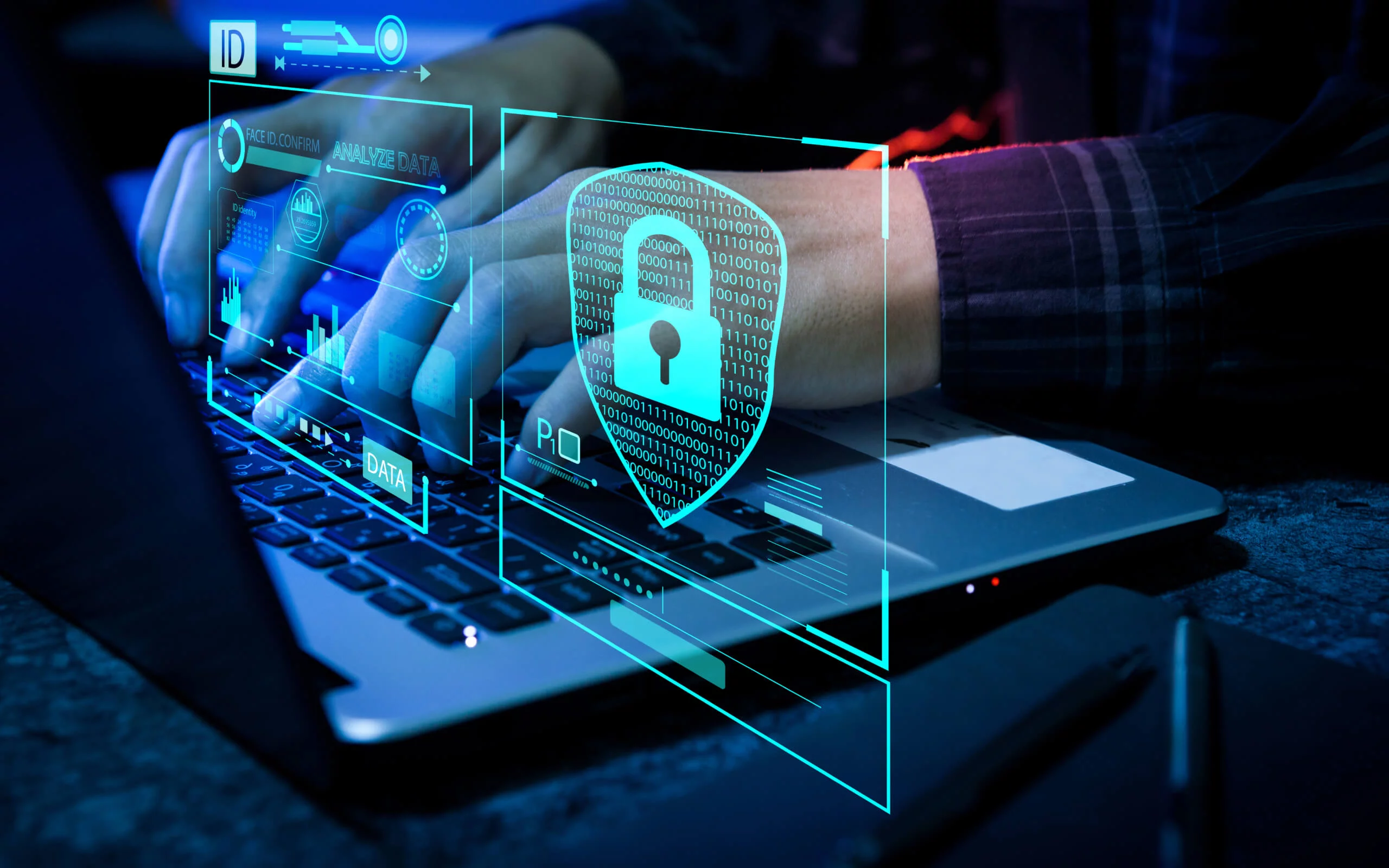The Top 10 High-Paying Jobs Following Cyber Security Course Completion.

The Top 10 High-Paying Jobs Following Cyber Security Course Completion.
The topic of cybersecurity is constantly changing and is essential to protecting private information and data from online attacks. People can choose from a wide range of profitable employment options after finishing a cybersecurity education. These are the best career options in the field.

The penetration tester
The job of penetration testers, sometimes referred to as ethical hackers, is to find weaknesses in a company’s networks and systems before malevolent hackers can take advantage of them. They evaluate the security posture by simulating authorised cyberattacks.
Analyst of Information Security:
Task-oriented experts, information security analysts design and carry out security procedures to safeguard an organization’s computer networks and systems. They keep an eye out for security breaches, look into infractions if they happen, and suggest security improvements as necessary.
Consultant for Cybersecurity:
Organisations can get professional guidance on their security posture from cybersecurity specialists. To successfully defend against cyberthreats, they evaluate security requirements, create security plans, and put security solutions into action.
Architect for Security:
For businesses, security architects create and construct safe computer systems. By putting security procedures and rules into place, they guarantee that all systems are safe and construct intricate security structures.
CISO, or chief information security officer:
The Chief Information Security Officer is responsible for managing and supervising all security-related activities as the senior executive in charge of an organization’s cybersecurity. They oversee incident response, create security policies and plans, and make sure security laws are followed.
The cryptographer
The creation of algorithms and cyphers to encrypt data and information, rendering it safe and incomprehensible to unauthorised persons, is the speciality of cryptographers. They are essential to the creation of safe communication systems and protocols.
Developer of Security Software:
To safeguard data and systems, security software developers design and develop software programs with integrated security features. To improve software security, they work with cybersecurity teams, write secure code, and carry out security testing.

Computer analyst for forensics:
To support legal investigations, forensic computer analysts retrieve and examine data from electronic devices. They identify the source of security lapses or cyberattacks by analysing digital evidence using certain tools and methods.
Security Compliance Analyst:
Security compliance analysts ensure that organizations adhere to security regulations and industry standards. They assess security practices, conduct audits, and provide guidance to ensure compliance with relevant laws and regulations.








